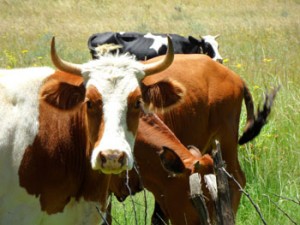Private standards do not replace legislation, but they can facilitate the adoption of new norms by creating market opportunities. The involvement of consumers, retailers and producers in the definition of animal welfare standards offers a powerful incentive to farmers who want to adopt progressive methods. It also paves the way for less well-resourced farmers, who may be wary of implementing risky changes in constantly evolving markets.
Animal welfare standards adopted by large companies have often generated impressive change, sometimes for hundreds of thousands or even millions of animals at a time. Similarly, the choices made by a single restaurant or small business have an influence over the life and death of hundreds of animals. The development of trade between local farmers and businesses can have a positive impact not only on animal welfare but also on the stability of local communities, on employment, and on the environment.
Private standards are an extremely important consumer-driven tool for putting principles into action. The existence of higher-welfare standards is in itself evidence that better practices are both possible and marketable.
The growth of higher standards favours those producers who adopt good practices. Their products (free-range eggs, for example) enjoy an increased market share, and this lowers the prices asked of consumers. It also prepares the ground for the adoption of norms that will be easier to implement, thanks to expertise gathered through actual practice rather than purely theoretical analysis.
Positive examples of animal welfare at work in the market are now visible across the world, from Europe to the US, from India to Brazil, from South Africa to Korea.
When citizens are asked for their opinion, or are given an informed choice, changes tend to happen which benefit both animals and consumers.




